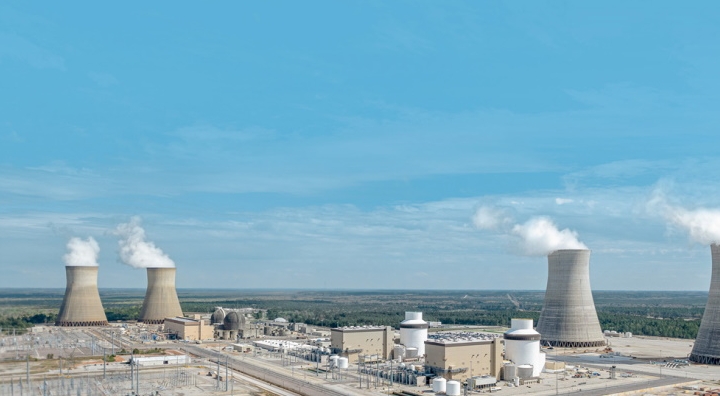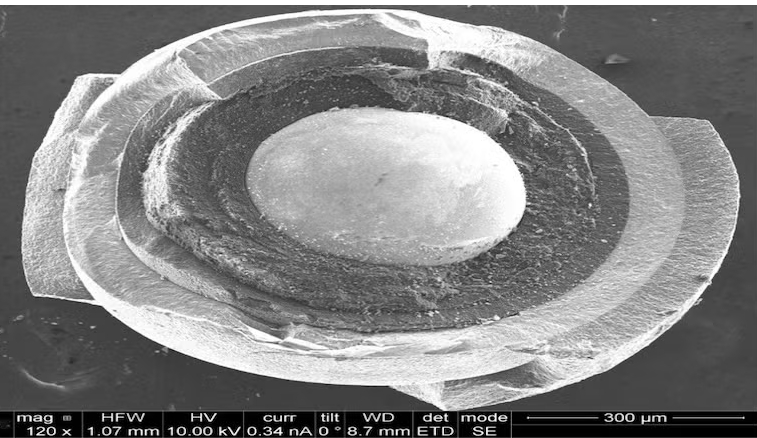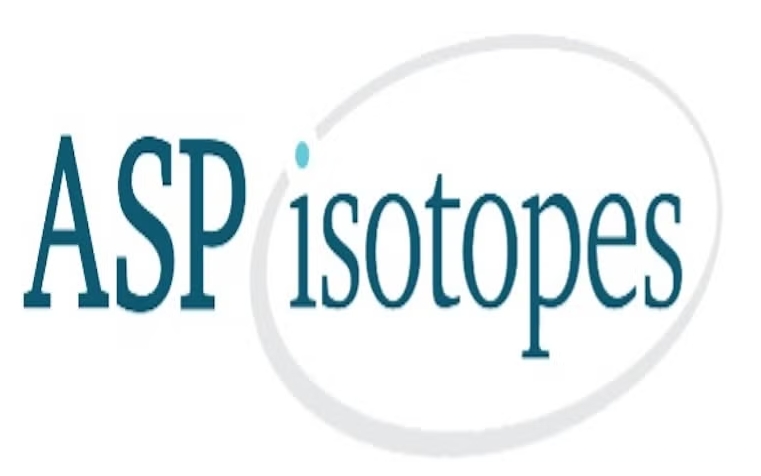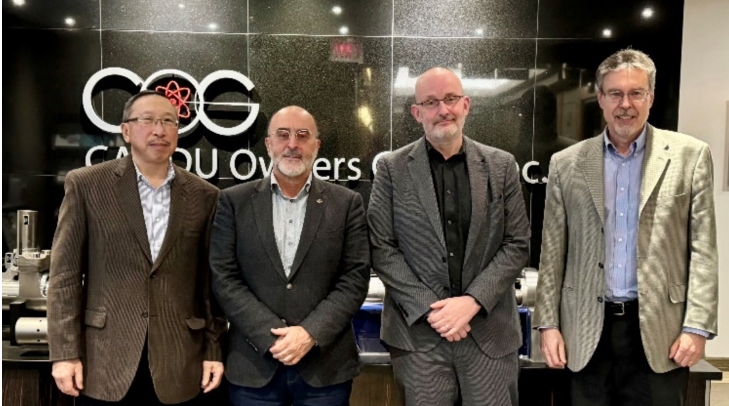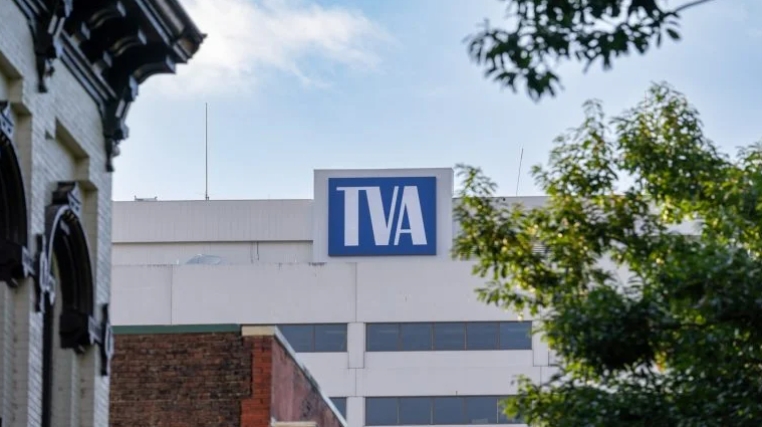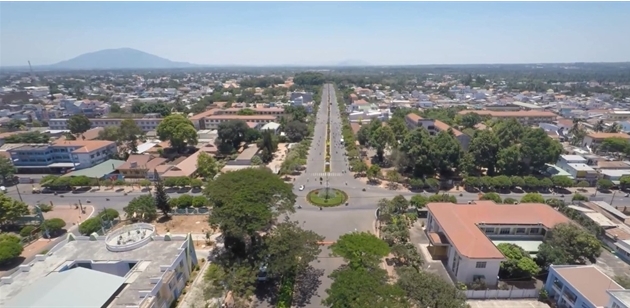"DOE recognises that continued efforts will be necessary to assure US leadership in the research, design and development of advanced reactors, and to ensure the successful deployment of these reactors in the US and international marketplaces," DOE said. "However, the primary goal of the new ARD Program is on actual construction and operational readiness of the selected demonstrations."
DOE said it has an "aggressive strategy to demonstrate two advanced reactor designs within five to seven years of award, and two to five smaller awards to address technical risks in other advanced designs." It added, "The RFI/NOI notifies interested parties of DOE's intended strategies to implement this programme, as well as solicits input regarding these strategies from interested parties, including advanced reactor developers."
Through the RFI/NOI, DOE is seeking information related to the scope and implementation considerations of Demonstration and Risk Reduction projects. It said the information would be used to develop DOE's solicitation for executing these projects. The department plans to issue a financial assistance Funding Opportunity Announcement (FOA) for this solicitation and award cooperative agreements for the demonstrations. The FOA will also include Risk Reduction for Future Demonstrations.
It said demonstration awards would be granted to two teams seeking to develop advanced reactors. The total first year DOE funding for each award will be about USD80 million, "with future year funding dependent on the selected project requirements and future congressional appropriations". These awards will require a cost share of not less than 50% from non-federal sources.
Between two and five applicants not selected for the demonstration awards may be considered for separate risk reduction awards under the FOA. These awards - totalling USD30 million from DOE in the first year - will address technical risks in each applicant's reactor design. These awards will require a cost share of not less than 20% from non-federal sources.
